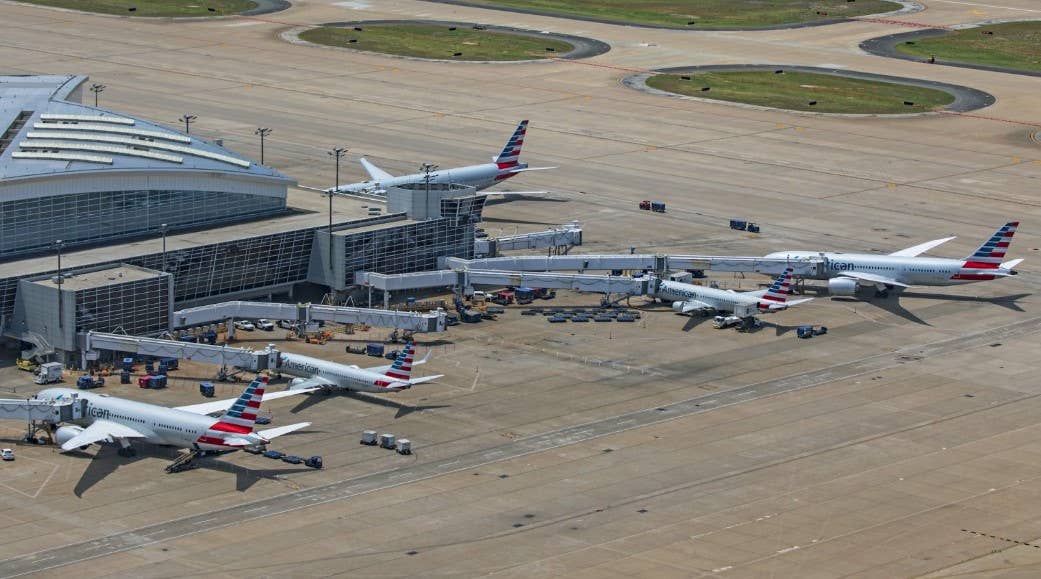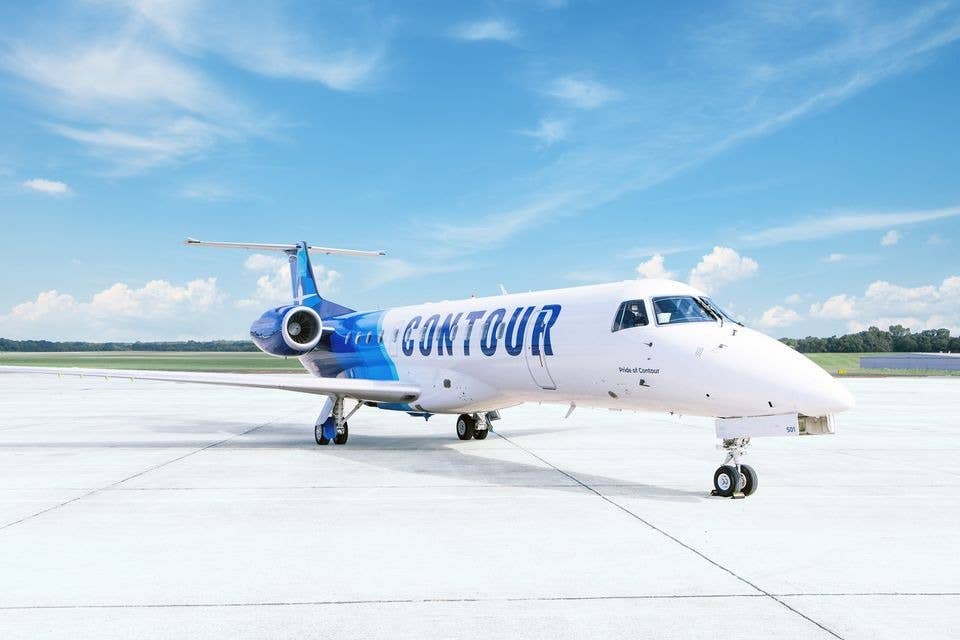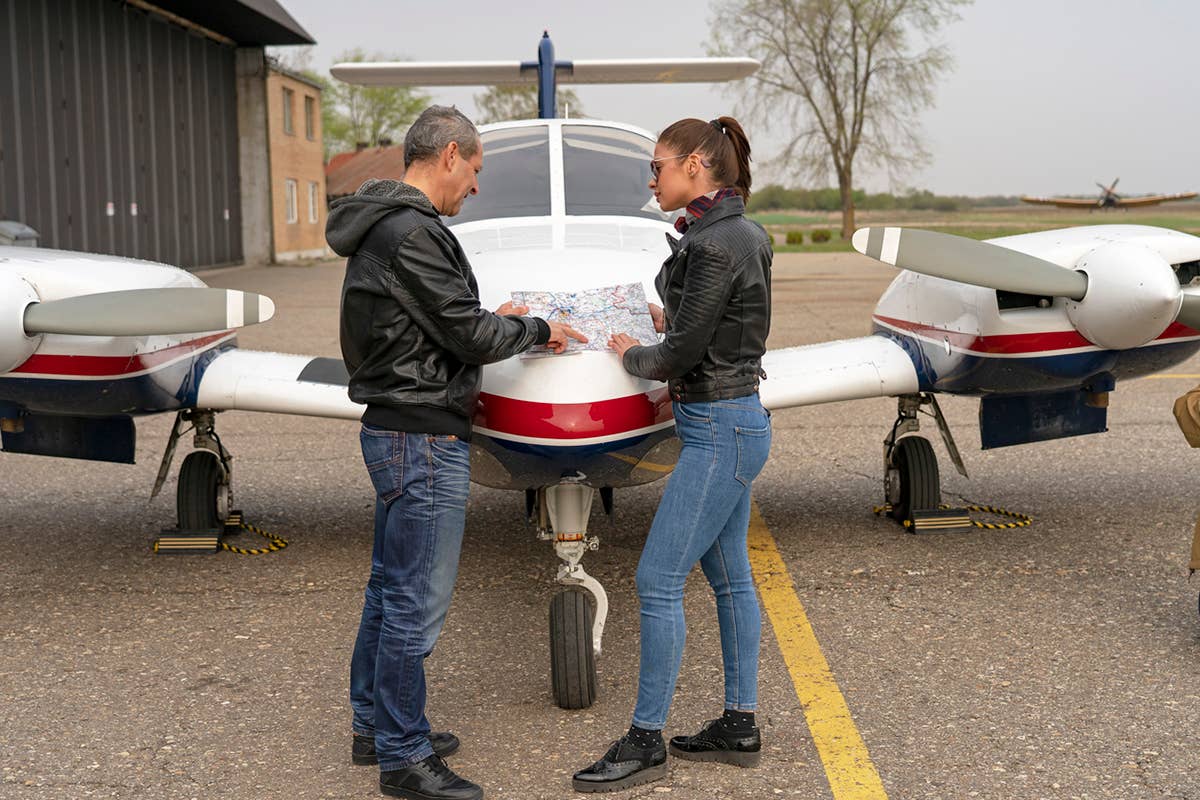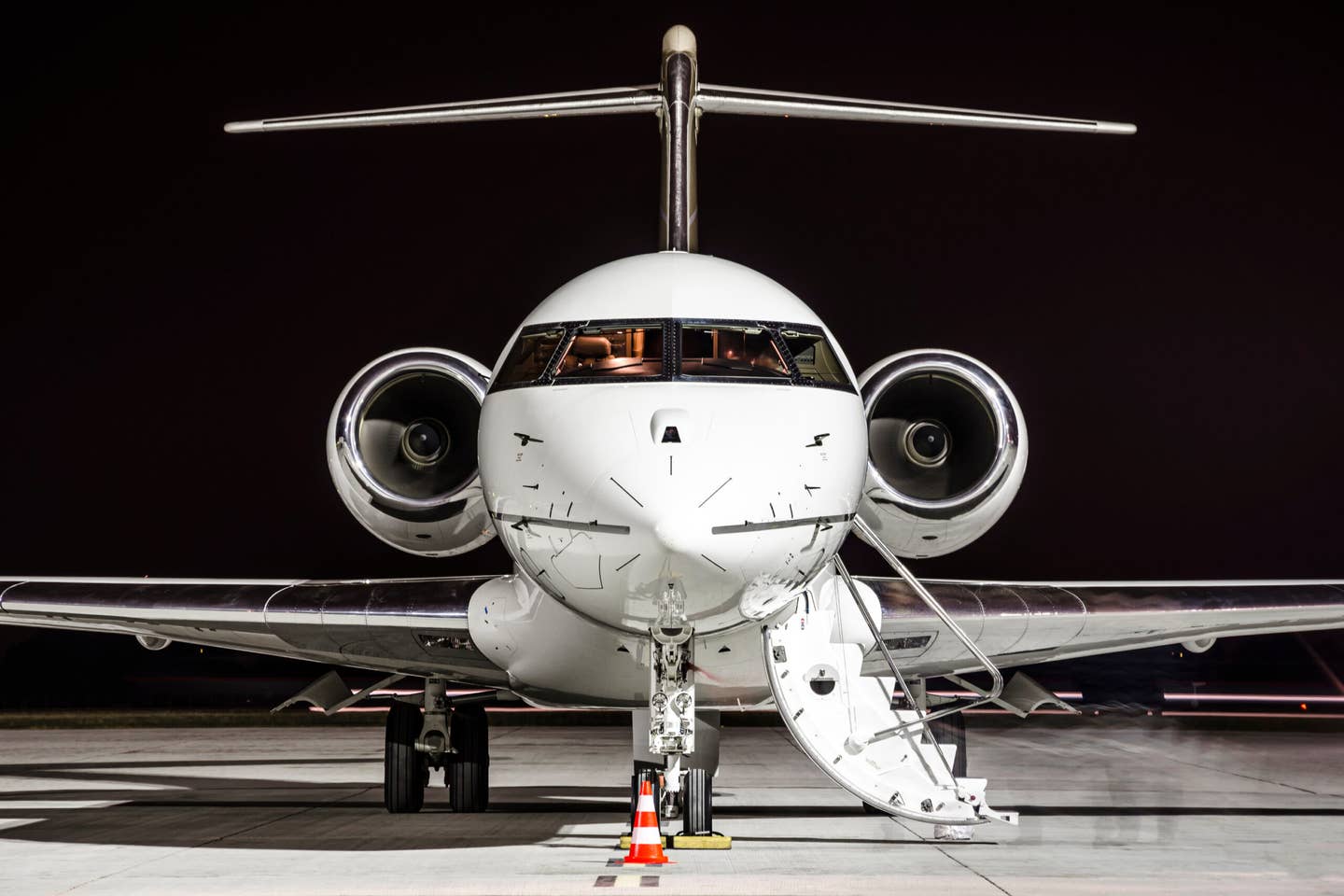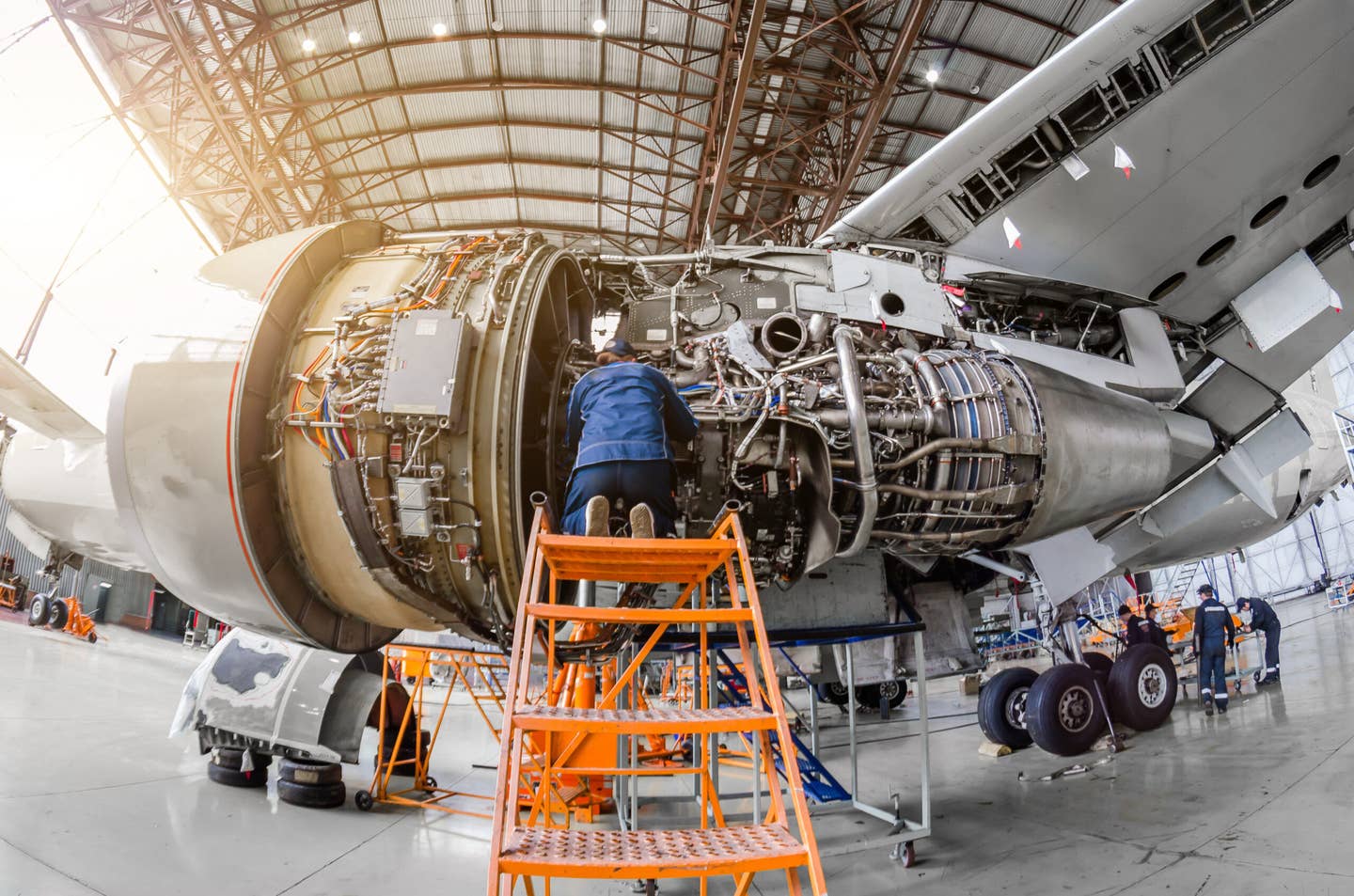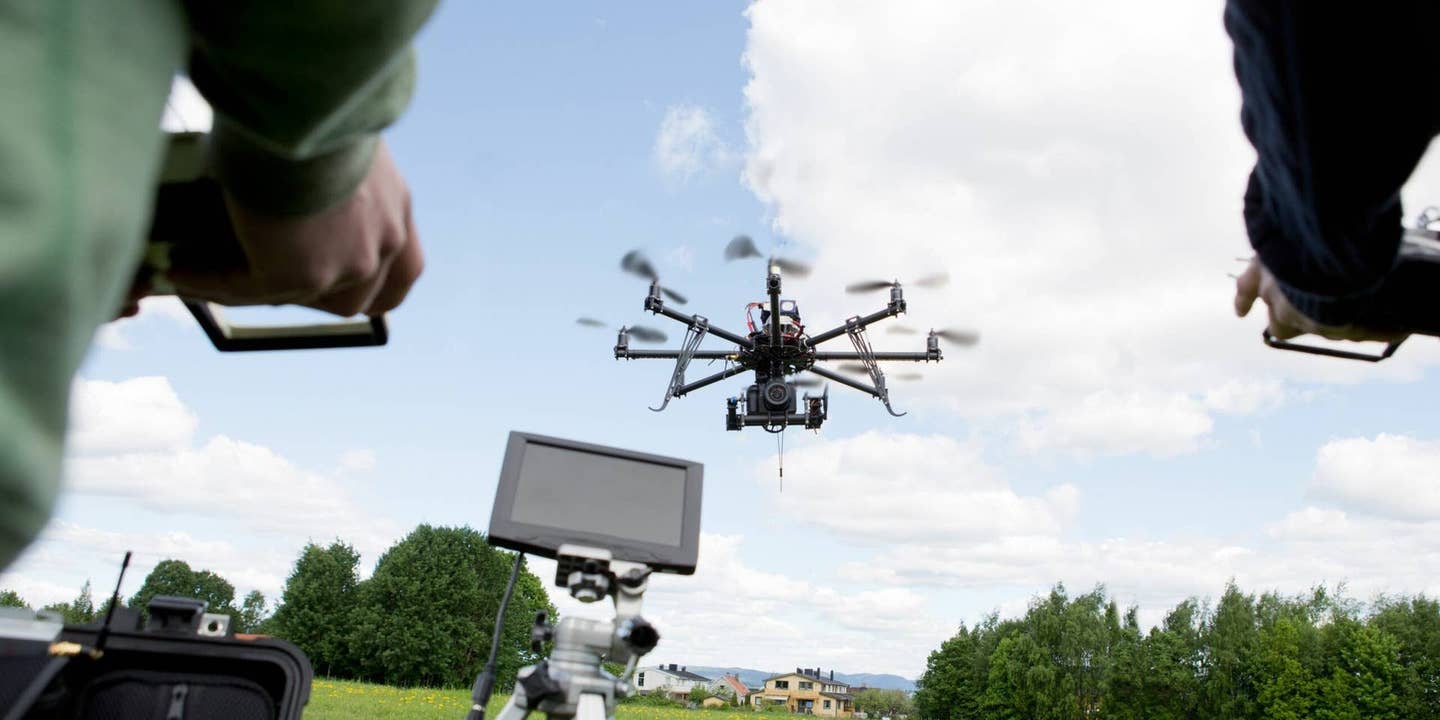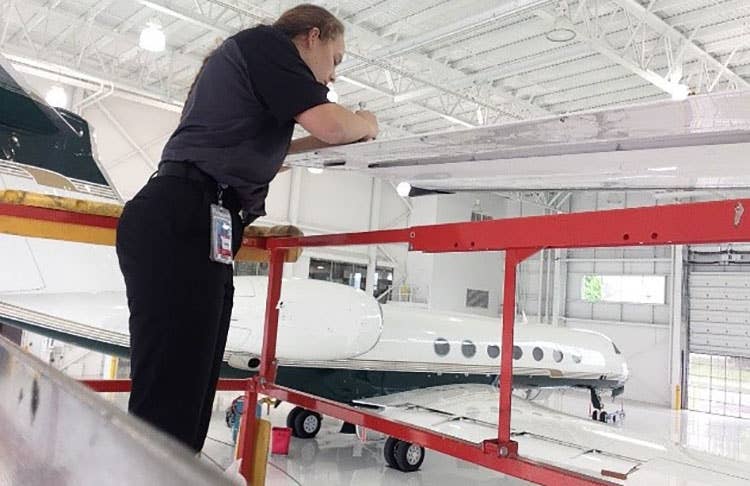
Inspecting the horizontal stabilizer on a corporate jet is all in a day’s work for Lynze Price. Lynze Price
With demand for their skills growing, aviation maintenance technicians can have their pick of career paths, and Lynze Price was determined to explore them all. The Troy, Alabama, native decided in high school that she wanted to be an aircraft mechanic, and after researching educational options for earning her FAA Airframe & Powerplant mechanic certificates, chose Embry Riddle Aeronautical University (ERAU).
“Embry Riddle had a four-year Bachelor of Aviation Maintenance Science versus an associate degree,” she explains. ERAU would also expose her to a variety of career paths, as many aviation companies visit to address ERAU students or to host them at their own facilities. In her freshman year, Lynze’s class field trips included visits to Jet Blue’s maintenance center and NASCAR’s aviation department — “the first corporate hangar I had ever seen,” she says. Additionally, many companies offer internships through ERAU, and Lynze considered them all.
“My goal while going to school was to check out each different field of aviation, the positive and the negative,” she says. That helps identify “where your passion is,” and Lynze discovered hers in corporate aviation. In contrast to airline maintenance techs, “the corporate guys do everything: the line service side as well as trouble-shooting,” she says, and they also have more contact with customers, another important factor for Lynze.
In her sophomore year, Amway, which operates one of the largest corporate flight departments in the U.S., inaugurated an internship program with ERAU. After her customary research, Lynze applied, was chosen, and spent 12 weeks that summer and the next as a paid intern working alongside seasoned — and very helpful and encouraging — A&Ps.
To widen future options, Lynze had chosen management as her area of concentration in the maintenance degree program. “After I’ve had my fair share on the [shop] floor, I could see stepping up to director of maintenance or chief of maintenance somewhere,” she says. Graduating in December 2017 with a minor in business administration, Lynze accepted a job offer from Amway as a Maintenance Technician 1.
“Lynze was the first young lady I hired,” says Tom Meier, Amway’s director of maintenance, adding, “I’ve been in this position for 17 years.”
Amway’s fleet, 16 aircraft in all, ranges from a Cirrus SR-22 to a Boeing Business Jet, and includes corporate jets and helicopters, each with its own crew chief.
Lynze works on a Gulfstream 550, “pre-flighting the plane, pushing it out and fueling, loading the bags, and departing the plane,” she says. “When it comes back, we do the post-flight, and if there are any squawks, we fix what’s wrong.”
Meanwhile, she continues “putting as much work into learning” as she did in school. “Stuff I’ve worked on, I’ve never done before, but I jumped in when someone else was doing it,” Lynze says. “It’s about how motivated you are to offer help and get your hands dirty.”
Senior technicians at Amway require an associate or bachelor’s degree, five or more years of experience, and an IA (Inspection Authorization) in addition to their A&P. But it’s getting hard to find qualified technicians at all levels, Meier and others in the industry say, and salaries are rising in response. Maintenance techs at Amway today earn from about $65,000 to about $120,000 annually, and get generous medical, vacation, and other benefits.
Meanwhile two more ERAU students have now interned at Amway. “I see a benefit,” Meier says. “Senior technicians have stepped up and started mentoring, and I think it’s a very positive thing.”

Subscribe to Our Newsletter
Get the latest FLYING stories delivered directly to your inbox

